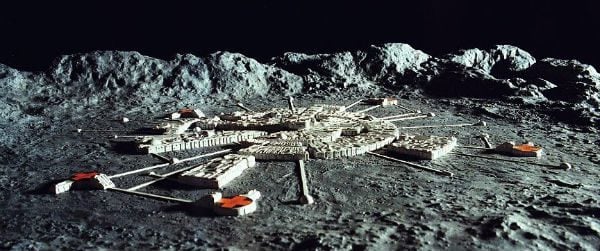steveda19
Lieutenant Commander
We have the technolgy to do it. Lets face it. If NASA can build a space shuttle that flies a million miles orbiting the earth and re use it and it lasted for over 30 years. We can build a car last 50 years over 2 million miles. We can build a car that can run without gas and uses no oil by running on solar and electric power that goes unlimited by solar during day driving and 500 miles per charge. We could build electric panels on major highways so cars could run as far where we want to go. We could even build an spacecraft that can take man to mars and the moon and back. We can colonize the moon. Why are we holding back? We should built these ideas.


Last edited:


